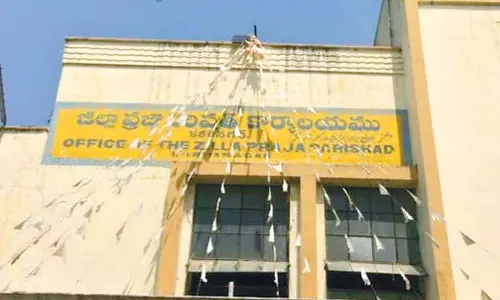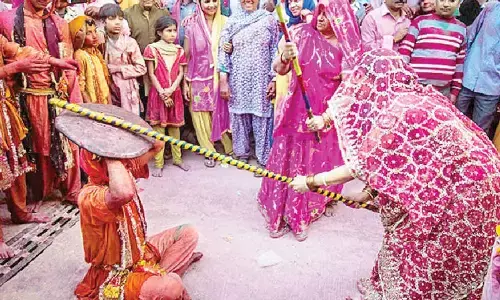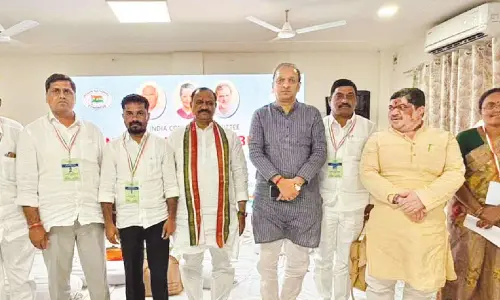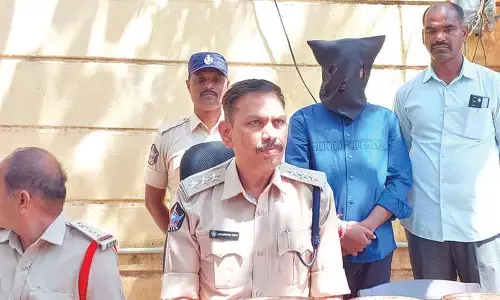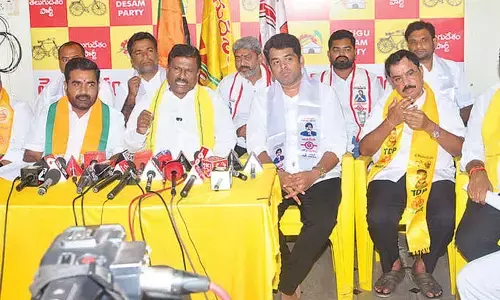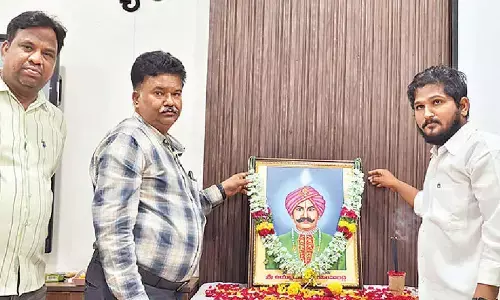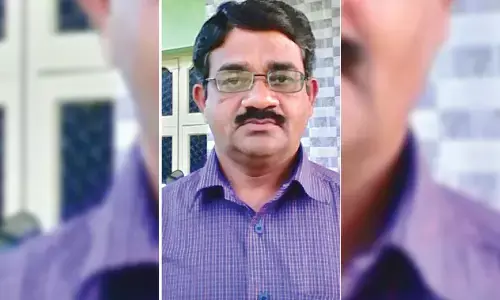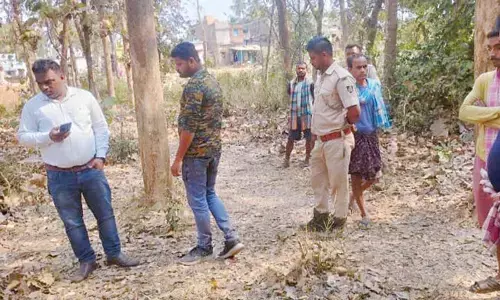Blowing glass in Firozabad
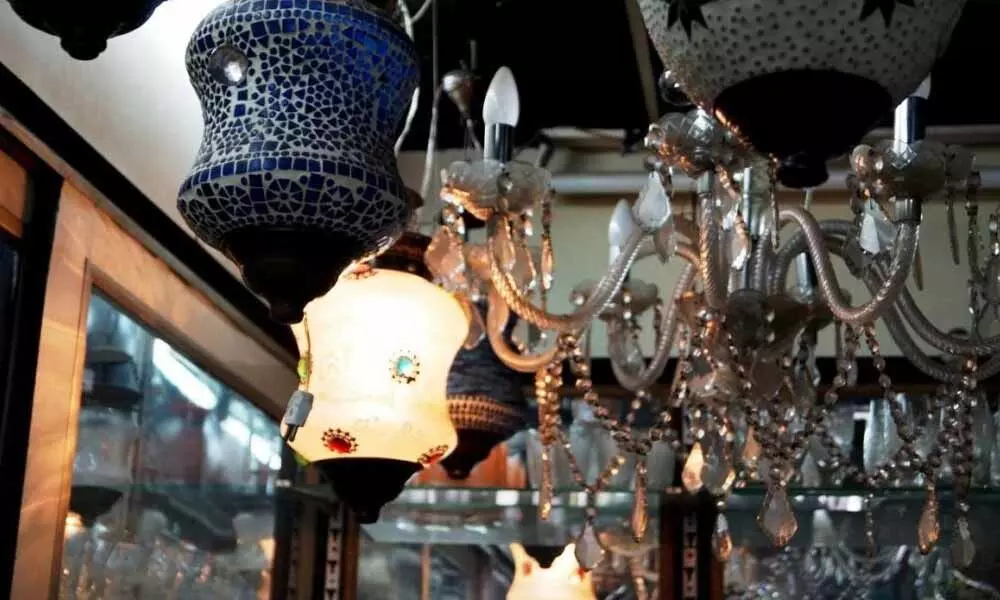 Firozabad is now known for the manufacture of glass objects of all kinds.
Firozabad is now known for the manufacture of glass objects of all kinds.While admiring a really splendid chandelier, I had innocently asked if it was imported from Belgium, or some other European city. Taken aback and irritated by my question, 'India had been making chandeliers from as far back as the Mughal era' he replied.
He went on to explain that the chandelier had 55,000 pieces of glass and had been designed and made in India. Adding that most of the fancy chandeliers that we see in showrooms and hotels these days are usually made in Firozabad and are being exported to many other countries. Thoroughly chastened, I immediately decided to visit Firozabad and try to see how these chandeliers are made.
My visit was planned for the very next day. The route from Agra took only an hour to reach Firozabad - a distance of about 40 km that took me across the Jawahar Bridge, to the other side of the Yamuna. Through chaotic traffic, like most of India, everyone was determined to go first! But all those who decide to visit Firozabad can take heart, the chaos ceases when you hit the National Highway leading to Kanpur. Through the Babul trees that line both sides, one can see the mustard fields in bloom.
Reaching Firozabad everywhere I looked were shops selling coloured decorative glassware. Firozabad is now known for the manufacture of glass objects of all kinds. What was nothing more than a village not so long ago, is now a bustling city full of life!
The demand for glass objects has grown by leaps and bounds in India and abroad. There were literally hundreds of shops piled high with shelves full of glassware in jewel-colours. Chandeliers big and small were strung up on hooks, mostly as samples, as people seldom come to buy single pieces.
Retailers from all over India, place their orders, choosing designs from catalogues, after checking the quality of the samples on display. The goods are then carefully packed in straw and despatched by road, accounting for the presence of enormous quantities of hay being transported in this direction. Within the city, horses and bullock drawn carts go back and forth between factories and showrooms.
The larger manufacturers were located in high walled showrooms. I realised that my question about Belgium glass showed how little I knew about the levels that Indian glass has achieved. Awed with these splendid creations, I spent almost an hour seeing these beautiful lamps and chandeliers. It was time to move on to see how smaller factories that create small and large glass pieces for everyday use - such as lamps for cars or glass tumblers for homes - manage. I also learnt about the raw materials and where they come from.
The manufactures of glassware, have to bring in lime, sand and soda, from other states - the lime and sand come from Rajasthan, while the soda ash comes from Gujarat. The colours are mostly imported, leading to higher price for the items made.
I was surprised to see that many of the factories in Firozabad were still using the glass blowing process in the products. However, there are different types of furnaces in the city, like the Japanese style 'pot furnace' used in the manufacture of art objects such as vases, bowls and tumblers. Furnaces are usually powered by coal or oil and may run 24 hours, depending on the requirement. Closure of a furnace means the loss of a full day, since it takes that long to reach the desired heat. Skilled labour required in glass factories appears to be easily available locally.
Groups of men working in 6-hour shifts, can easily make a dozen tumblers, or even 150 dozen in one shift. Payment is according to the output and an average group of 8 workers can earn upwards of Rs 3,000 per day.
I was keenly interested in seeing the bangle section, which seems to have its own way of functioning and each group consists of 28 workers. The average intake of each expert bangle maker is said to earn about six or seven hundred rupees per day. But due to over production and less demand, bangle units also close once a week - so Sunday's are holidays. This is unlike the industrial units, which work every day of the week and may even have 3 shifts to cope with orders!
In recent years the bangle making units have often been ostracised for using child labour. This is because the groups who take on the contracts often consist of one family. As in so many cases, this is the only way a child acquires enough technical skill by the time he is an adult. The making of a bangle appears to be a highly complex exercise. First there is a plain ring, to which the embellishments are added one by one. A highly skilled hand is required for this work and considering how fragile and inexpensive a glass bangle is, it is obvious that a great many can be manufactured in a 6-hour shift.
As we all know, the glass bangle industry has strong competition these days from other materials like metal, lac, plastic, wood which are flooding the bangle market. Despite high skill and expertise, the workers are quite aware of the dwindling market, but thanks to glass bangles being a necessity during weddings, we can hope that the traditional glass bangles will continue to brighten our lives.
Glass figurine


